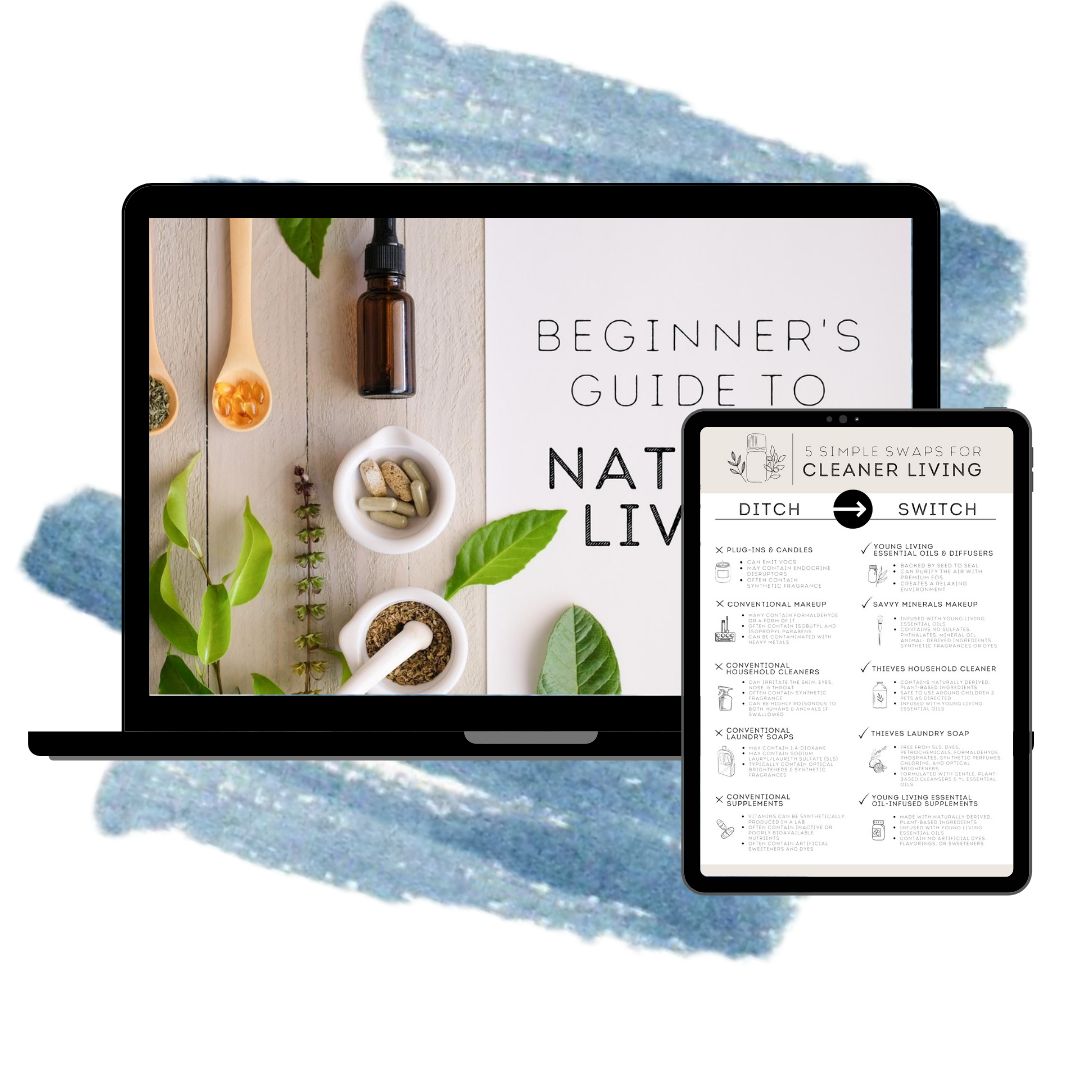
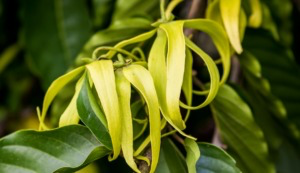
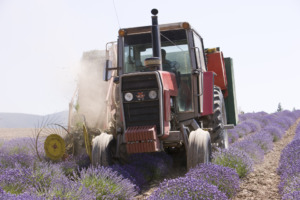
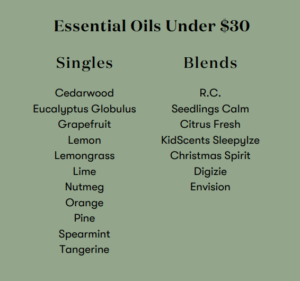



- helps reduce difficulty in falling asleep
- Just one tablet per dose
- Compare to the active ingredients in Unisom Sleep tabs
Definition and Uses
Side Effects
Additional Health Hazards
- An Increase In The Thickness of Lung Secretions
- Drowsiness
- Dizziness
- A Type of Blood Disorder where the Red Blood Cells Burst Called Hemolytic Anemia
- A Blood Disorder
- Extra Heartbeats
- Low Blood Pressure
- Hallucinations
- Seizures A Significant Type of Allergic Reaction Called Anaphylaxis
- Confusion
- Over Excitement
- Nightmares
- An Extreme Sense of Wellbeing Called Euphoria
- A Migraine Headache
- Double Vision
- Blurred Vision
- A Change in Vision
- Ringing In the Ears
- Dryness Of the Nose
- Dry Mouth
- Constipation
- Increased Sensitivity of The Skin To The Sun
- Itching
- Hives
- Sensation Of Spinning or Whirling
- Difficulty Sleeping (say what?)
- Low Energy
- Excessive Sweating
- Chills
- Muscle Tremors
- Loss Of Muscle Coordination
- A Skin Rash
- Decreased Appetite
- Headache
- Throat Dryness
- Heart Throbbing or Pounding
- Trouble Breathing
- Diarrhea
- Difficult Or Painful Urination
- An Increased Need to Urinate Often
- Abdominal Bloating
- Nervousness
- A Feeling of Pins and Needles On Skin
- A Feeling of General Discomfort Called Malaise
- Irritability
- Intense Abdominal Pain
- A Type of Bumpy Skin Rash Called A Maculopapular Rash
- Chest Discomfort
- Anxious Feelings
- Fast Heartbeat
What I use
- Lavender Essential Oil
- Vetiver Essential Oil
- Valerian Essential Oil
- Tangerine Essential Oil
- Rue Essential Oil
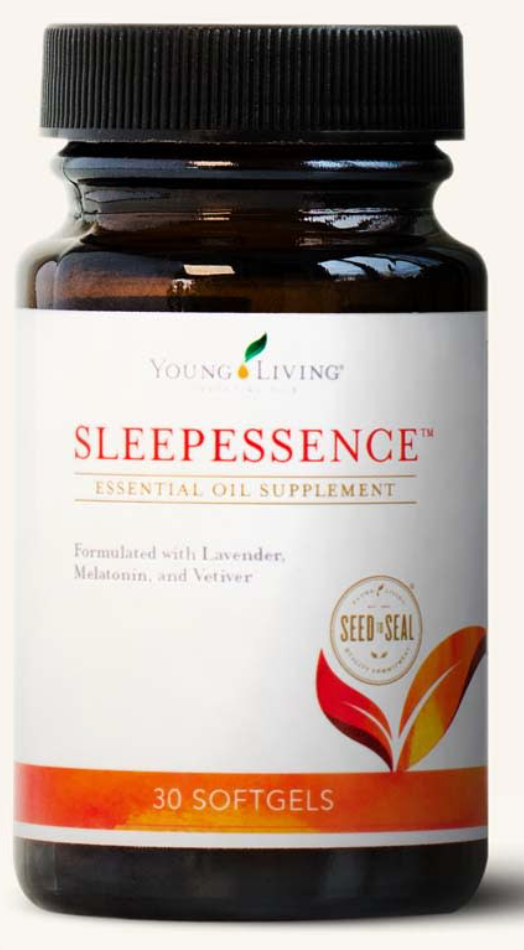

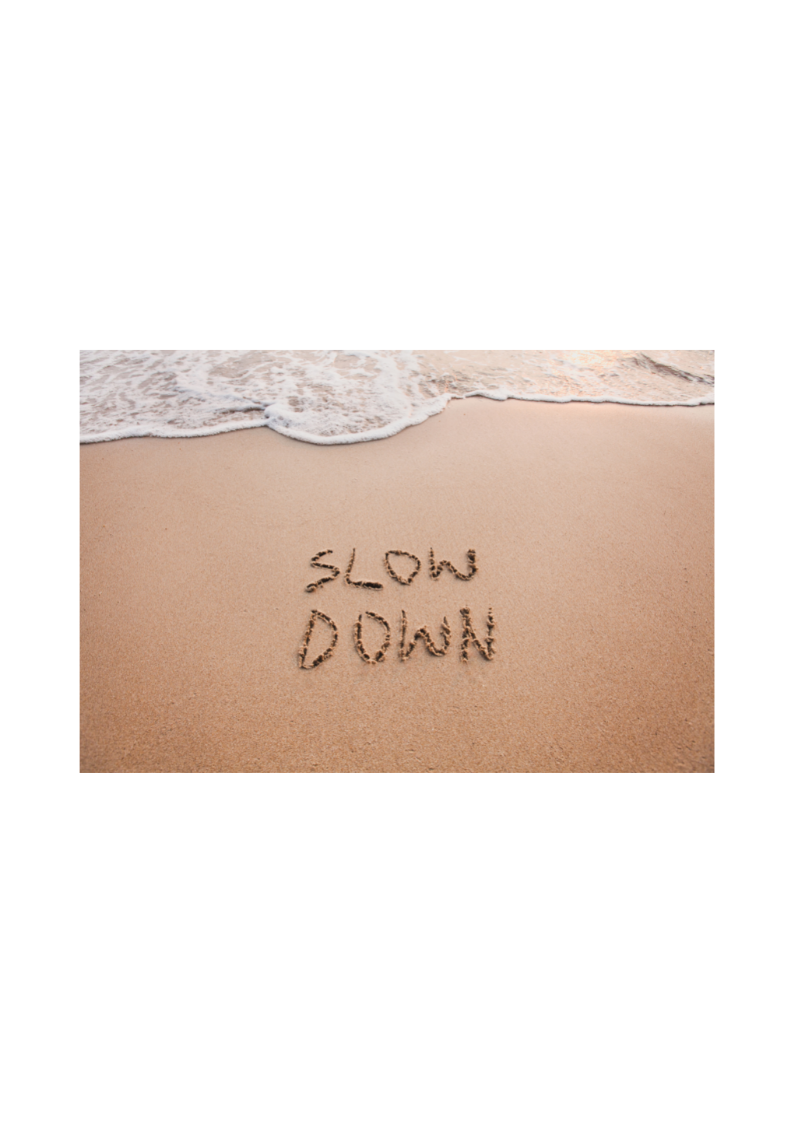
Let go of the gas and slow down
Practice active listening
Take a “Deep” breath
Be aware of your surroundings
Practice gratitude

Did you know that lemons have more potassium than apples or grapes? This interesting fact is just one of the many reasons why drinking lemon juice every morning can impact your health.
Starting your day with lemon juice is an excellent way to boost vitality, increase energy and cleanse out your system. The first thing you put in your body each day can have a big impact on your productivity and mood.
That’s why it’s recommended to start the day with a warm jar of lemon water. You can use anywhere from one-half to a whole lemon each morning.
Note: for the Lemon Essential oil - just 2 drops does the same as a whole lemon
1. Boosts Your Immune System
Since lemon juice is filled with vitamin C, it provides a natural and powerful source of immune health. When you are tired, stressed or overworked Vitamin C levels are the first to go down.
2. Supports Digestion
In addition to supporting healthy digestion, lemon juice helps rid the intestinal tract of toxins. Lemons are filled with vitamins and minerals which help to alleviate things like heartburn and bloating.
3. Cleans Out Your System
Lemon juice is packed with powerful vitamins and minerals that flush harmful toxins from your system.
4. Decreases Inflammation
Much disease stems from inflammation and drinking lemon juice frequently helps reduce the acidity in your body and thus decreasing inflammation.
5. Helps Improve Weight Loss
Lemon juice contains a lot of pectin fiber which helps fight hunger cravings.
6. Clears Up Your Skin
Because lemon juice is high in antioxidants the Vitamin C helps to decrease blemishes and wrinkles. The overall detoxifying nature of lemons also contributes to clear skin.
7. Helps Fight Infections
A glass of warm lemon water is perfect to help fight off infections. Not only does it boost your immune system it helps to prevent things like sore throats brought on by viral infections.
8. Gives You an Energy Boost
As lemon juice improves digestion it provides your body with an energy boost when it enters your digestive tract.
9. Excellent Source of Potassium
Potassium is important for brain, nerve, and heart health and lemon juice is filled with it.
Add lemon water to your daily routine to start the day with a detoxifying and refreshing warm drink. You won’t regret incorporating this powerful anti-inflammatory beverage into your life. Trust us.



